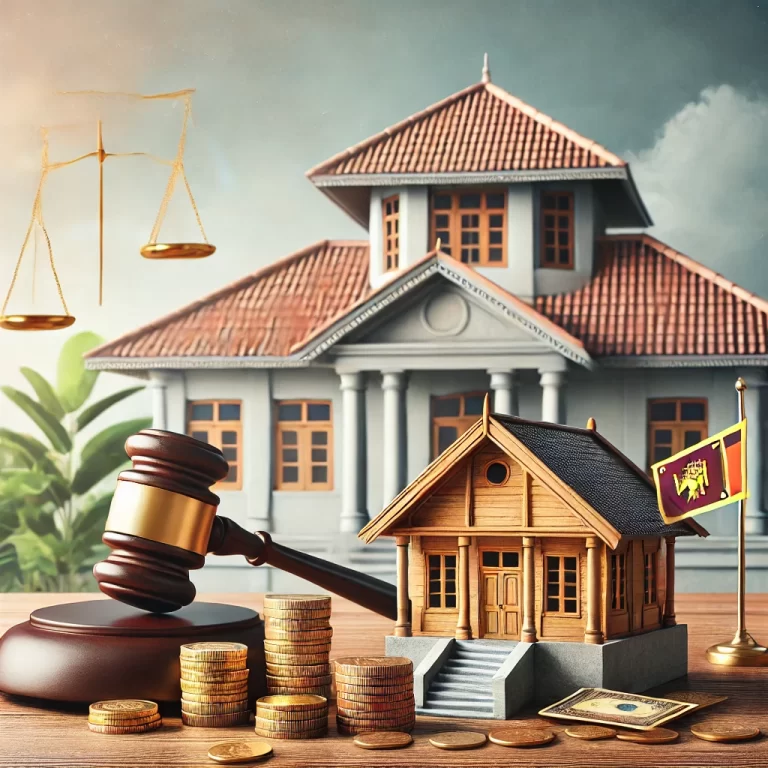At a press conference regarding the third review of Sri Lanka’s Extended Fund Facility from the International Monetary Fund (IMF), Sri Lanka Representative Peter Brewer highlighted the need for a property tax to ensure long-term economic stability.
A property tax is a progressive tax imposed on the wealth of property owners, commonly practiced in many countries worldwide. Experts suggest that such a tax would encourage wealthy individuals to invest excess wealth rather than spending it on luxury properties such as mansions. Additionally, it could help regulate the acquisition of property using illicitly earned funds.
The IMF had initially projected that the property tax would generate government revenue of Rs. 411 billion in 2025, Rs. 447 billion in 2026, Rs. 485 billion in 2027, and Rs. 526 billion in 2028. However, the government informed the IMF of potential difficulties in assessing the value of wealthy individuals’ properties. As a result, the property tax proposal was withdrawn during the third review held in June 2024.
However, going with the tune of the IMF, President Anura Kumara Dissanayake recently stated that the property tax would be introduced.
Professor Wasantha Athukorala of the Department of Economics at the University of Peradeniya pointed out that the top 20% of income earners in Sri Lanka currently hold 21.3% of the country’s total income.
Property tax is similar to the assessment tax levied by Municipal and Urban Councils. However, the Pradeshiya Sabhas levy property tax from a limited area. Therefore, the assessment tax is presently exempted from many areas in the country.
The general process involves the following key steps:
1. Assessment of Property Value
- The tax authority assesses the value of the property to determine the taxable base.
- The assessment is typically based on factors such as:
- Market value – the estimated price the property would fetch if sold in the open market.
- Assessed value – a percentage of the market value used by the local authority for tax purposes.
- Annual rental value – the estimated rental income the property could generate.
- Capital value – the total market value of the property, including land and building
2. Determination of Tax Rate
- This rate is usually expressed as a percentage of the assessed value or per unit value.
- The tax rate can vary depending on the type of property (e.g., residential, commercial, agricultural).
3. Calculation of Property Tax
The property tax is calculated using the following formula:
Property Tax=Assessed Value of Property×Tax Rate
4. Billing and Payment
- The tax authority sends a tax bill to the property owner, which may be due annually, semi-annually, or quarterly, depending on the local rules.
- Payment can often be made online, by mail, or in person.
5. Penalties for Non-Payment
- If the property tax is not paid on time, the tax authority may impose:
- Late payment fees or interest.
- Liens on the property (legal claim against the property).
- In extreme cases, the authority may auction or seize the property to recover unpaid taxes.
6. Exemptions and Deductions
- Certain types of properties or property owners may be eligible for exemptions or reductions in property tax, such as:
- Senior citizens.
- Disabled persons.
- Non-profit organizations.
- Agricultural or historical properties.







